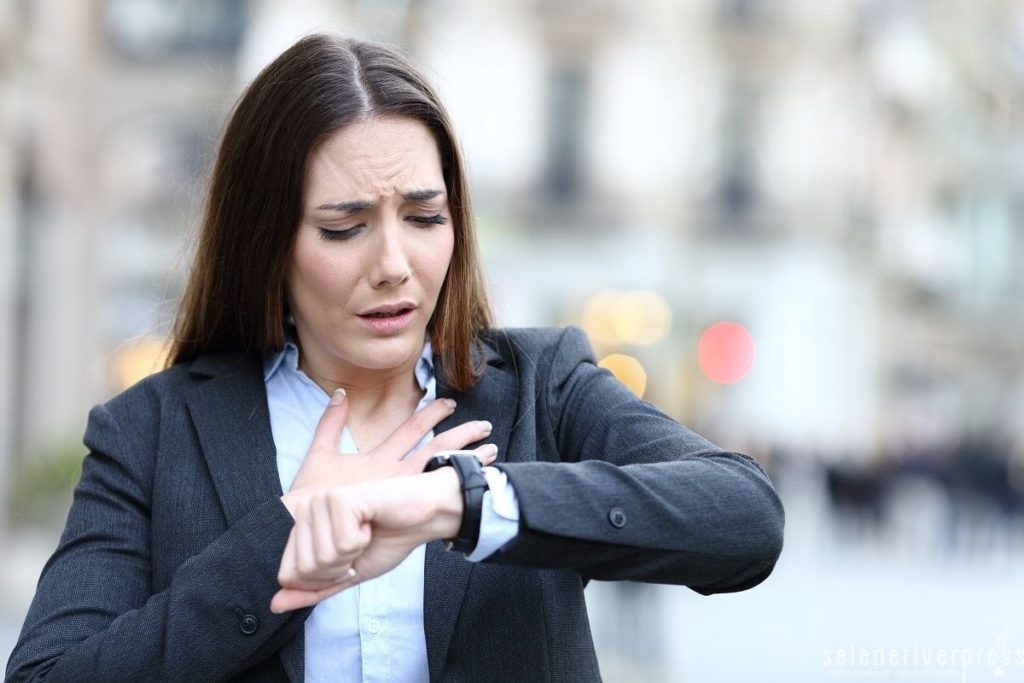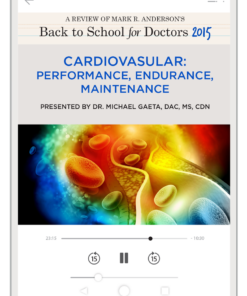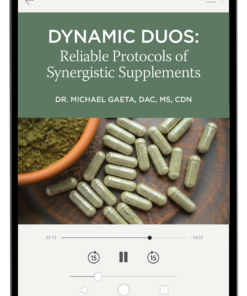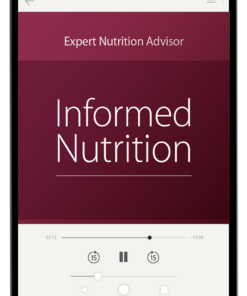Tachycardia is the medical term for a rapid heart rate, which is defined as a sustained resting heart rate above 100. Now, if your heart rate goes over 100 when you’re exercising, that’s great. What’s not so great is a heart rate of over 100 beats per minute while at rest. While there are several causes for this, I’m not going to cover them in detail here. Rather, I want to look at some of the causes of tachycardia and discuss what we can do about it.
The optimal heart rate is variable for an individual, but it generally ranges somewhere between 60 to 75 or 80 beats per minute. A healthy range is considered 60 to 80, and a typical range is roughly 70 or 72. When the heart rate is too fast because of tachycardia, it can be problematic as it may involve a range of other symptoms, including shortness of breath, lightheadedness, and palpitations (when you actually feel your heart beating in your chest). Again, this is normal if you’re exercising. But it’s not ideal if you’re at rest. You should never notice your heart beating unless you’re exerting yourself.
Some folks with tachycardia can also experience chest pain. There are many causes for this, such as compensation for low blood oxygen. All of your cells need to be bathed with oxygen. If oxygen is low due to an inadequate supply of red cells or hemoglobin, your heart rate will speed up to compensate for the low oxygen. This is a healthy adaptation. The way we discover this is with a blood test looking at complete blood count, including red blood cells (ideally about five), and hemoglobin (ideally about 15). These measurements can identify if you’re actually anemic, which would then cause a natural, necessary rise in heart rate. Anemia can be improved significantly if treated, for example, with Standard Process Ferrofood.
Other causes of tachycardia include the consumption of too much coffee, caffeinated beverages, or soda. Smoking can also be a factor, as can fever. A fever is a healthy adaptation to an increased heart rate because the body is in a state of hypermetabolic activity to fight the infection. Generally speaking, the cause of a fever is low calcium, or deficiency of the C complex. Supplementing calcium and whole C complex can address the cause of the fever, and the body can fight the infection without the need to raise a fever.
Another major cause of a rapid heart rate is an imbalance in the automatic nervous system. If one is in a state of sympathetic dominance (the fight, flight, or freeze state), the heart rate will be a little higher on the sympathetic side of the nervous system. The parasympathetic side of the nervous system regulates rest, relaxation, and digestion. (There is a much larger discussion to be had around the autonomic or automatic nervous system.)
I explore the subject of autonomic balance in my e-learning presentation The Six Core Principles of Trophotherapy. In this course, I review of the six key areas of trophotherapy, or nutritional therapy. One area that we cover in detail is the balance of the autonomic nervous system. Specifically, what are the nutrients that are necessary for proper autonomic balance between parasympathetic and sympathetic, which also relates to energy production in the cells? This is one of the six key areas—one of the six core principles—of trophotherapy.
I invite you to explore my Six Core Principles of Trophotherapy e-learning course at Selene River Press.
Thanks for listening today. I hope I’ve given you some insights into rapid heart rate or tachycardia that you’ll find useful for yourself or for your patients.
Image from iStock/AntonioGuillem.
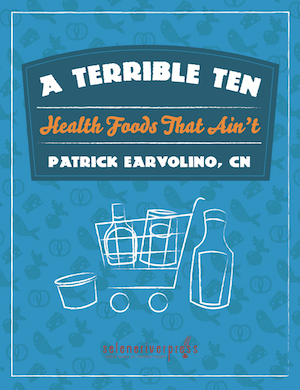 Get self-health education, nutrition resources, and a FREE copy of A Terrible Ten: Health Foods That Ain't ebook.
Get self-health education, nutrition resources, and a FREE copy of A Terrible Ten: Health Foods That Ain't ebook.
